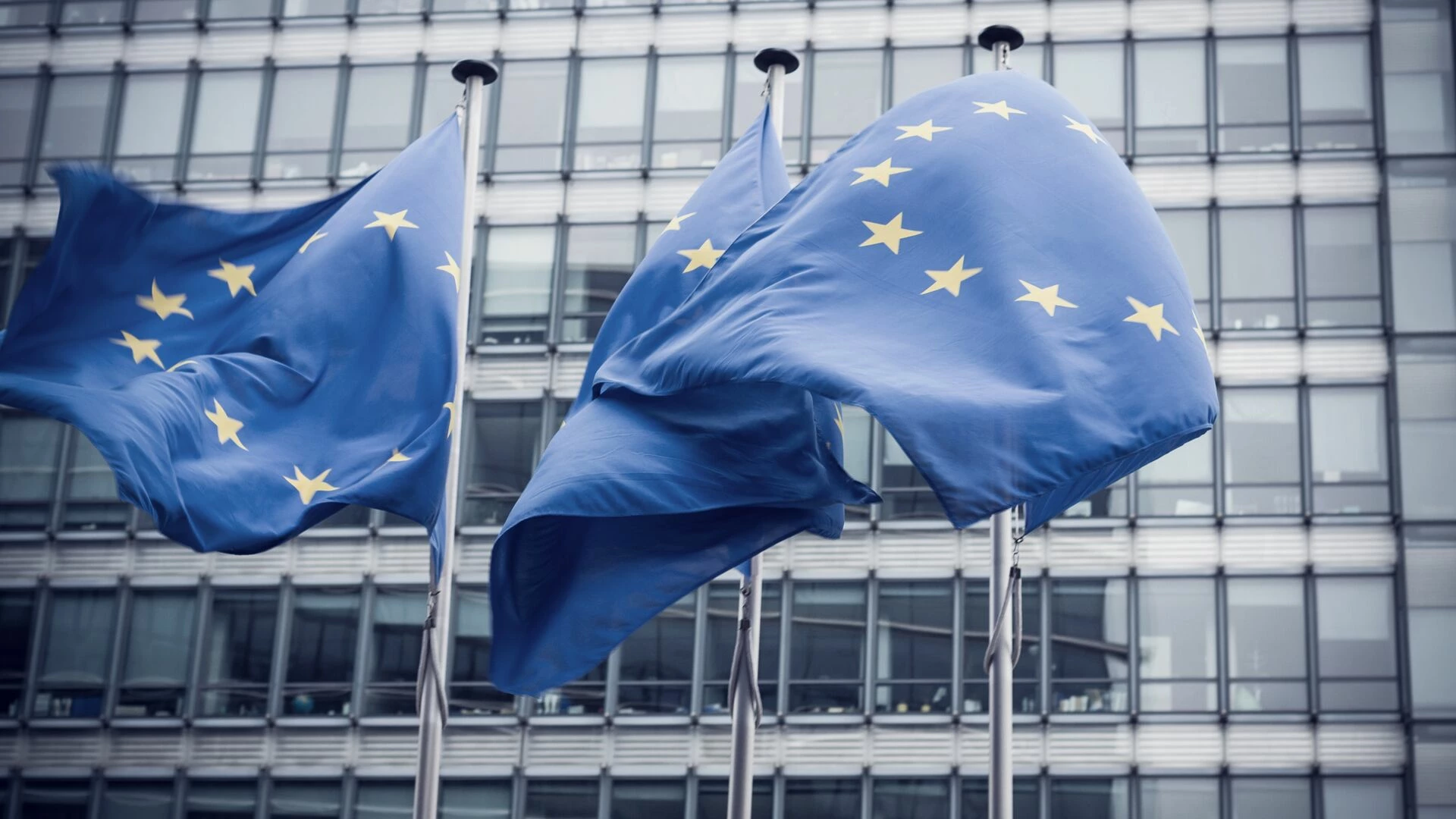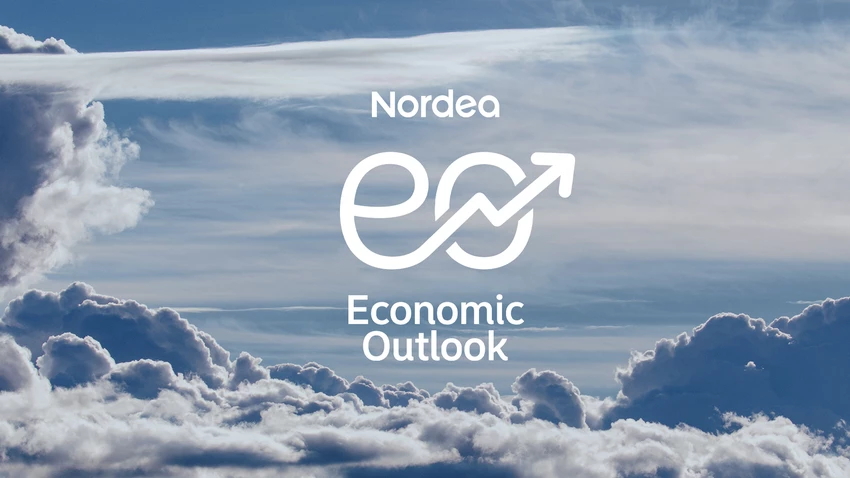
- Name:
- Helge J. Pedersen
- Title:
- Nordea Group Chief Economist
Helge J Pedersen
The international political landscape has changed dramatically. This increases the need for Europe to turbocharge plans to secure its strategic autonomy – and this starts now with the build-up of EU's defence capabilities.

“Buy, buy, buy,” was the clear message from Danish Prime Minister Mette Frederiksen when the government presented the new Acceleration Fund at a press conference in mid-February. The fund is to ensure rapid Danish rearmament at a time characterised by upheaval and uncertainty.
You would almost think that all of Europe was listening in at the meeting. A few weeks later, the President of the European Commission, Ursula von der Leyen, announced her major ReArm Europe Plan, which in a similar way will ensure a rapid increase in the EU countries’ defence budgets. The plan means that even countries with strained public finances will have the opportunity to increase defence spending here and now. This will be made possible by reactivating the escape clause of the Stability and Growth Pact introduced during the pandemic. This will create extra financial flexibility of around EUR 650bn for defence spending in the EU countries, while the EU will contribute an additional EUR 150bn. One of the funding sources will be loans from the European Investment Bank (EIB). Overall, the amount corresponds to the value of about two years’ total production in Denmark!
It attracted even greater attention when Germany’s future chancellor, Friedrich Merz, at the same time presented a proposal to lift the country’s debt brake, which has been in place since the financial crisis. The proposal means, among other things, that military spending in excess of 1% of GDP can be exempted from the debt brake in future, and that EUR 500bn will be allocated to infrastructure projects over the next ten years. The proposal was approved in the Bundestag on Friday and Merz subsequently declared: “Germany is back. Germany will make a significant contribution to the defence of freedom and peace in Europe.”
Those are big words, and large sums of money are at stake – and it is clear that this development has been spurred by the chaos of Donald Trump’s policies. It’s now or never for the EU to take decisive steps to secure its strategic autonomy – that is, the ability to be independent of other countries in areas such as the economy, security and democratic values. The concept was launched more than ten years ago, but has never been more relevant than today.
It’s now or never for the EU to take decisive steps to secure its strategic autonomy – that is, the ability to be independent of other countries in areas such as the economy, security and democratic values.
The large fiscal packages did not go unnoticed in the financial markets, which responded by sending long government yields to all-time highs since the autumn of 2023. Moreover, the euro strengthened sharply against the dollar.
At the same time, the major fiscal policy easing in the Euro area makes it more difficult for the ECB to cut interest rates further, as inflation is still above the 2% target. ECB President Christine Lagarde did not make a clear announcement about the bank’s next steps at the latest monetary policy meeting. The uncertainty is simply too great – both with regard to the rearmament in Europe and the consequences of the US trade war with large parts of the world.
The trade war hit the EU when the US announced a 25% tariff on all steel and aluminium products. The EU has responded with a retaliatory tariff on US goods worth EUR 26bn, which will come into force on 1 April. A new round of trade war will probably break out the very next day.
How long the trade war between the EU and the US will last, and how extensive it will be, is difficult to predict. My own view is that the US proposal should essentially be seen as an invitation to start negotiations on the future trade cooperation between the two parties. The same was true during Trump’s first term in office from 2017 to 2021. At that time, however, it was not possible to conclude the negotiations on an extended Transatlantic Trade and Investment Partnership (TTIP), which were begun as early as in 2013.
In this light, it is particularly important that the EU stands united. It is a fact that the world is in upheaval and that the prospects for future international economic and political cooperation are more uncertain than at any other time since the end of the Second World War.
That is why it may also make sense for the EU to maintain as good a relationship with China as possible and to actively expand cooperation with some of the countries that the US is currently pushing away. Not least Canada and Australia, which share Europe’s views on important areas such as the economy, climate, democracy and human rights.
But first, the plan for strategic autonomy will have to stand the test in terms of defence spending. An exercise that could also give the old continent a much-needed economic boost. Basically, it’s only about one thing: a lot of military hardware has to be bought and it has to come from European manufacturers.


Stay ahead of the curve with our expert economic insights and forecasts. Get the latest analysis on global and Nordic markets delivered straight to your inbox.
Read more
Sustainability
Amid geopolitical tensions and fractured global cooperation, Nordic companies are not retreating from their climate ambitions. Our Equities ESG Research team’s annual review shows stronger commitments and measurable progress on emissions reductions.
Read more
Sector insights
As Europe shifts towards strategic autonomy in critical resources, Nordic companies are uniquely positioned to lead. Learn how Nordic companies stand to gain in this new era of managed openness and resource security.
Read more
Open banking
The financial industry is right now in the middle of a paradigm shift as real-time payments become the norm rather than the exception. At the heart of this transformation are banking APIs (application programming interfaces) that enable instant, secure and programmable money movement.
Read more